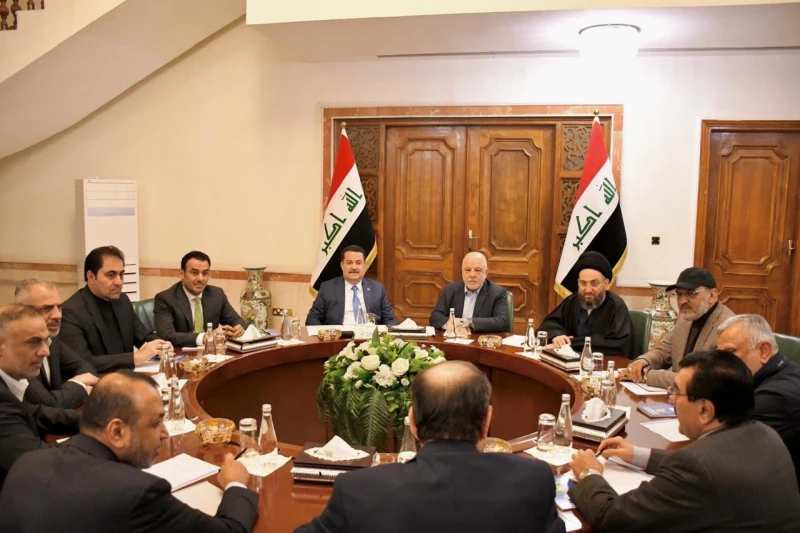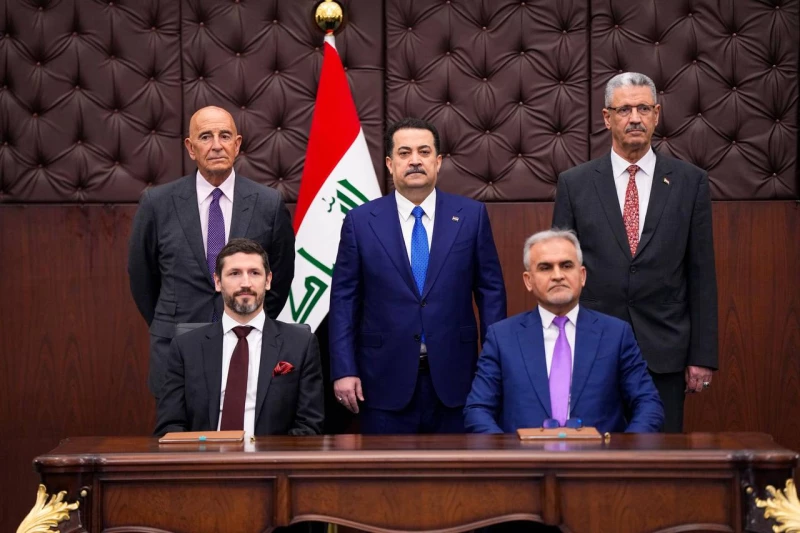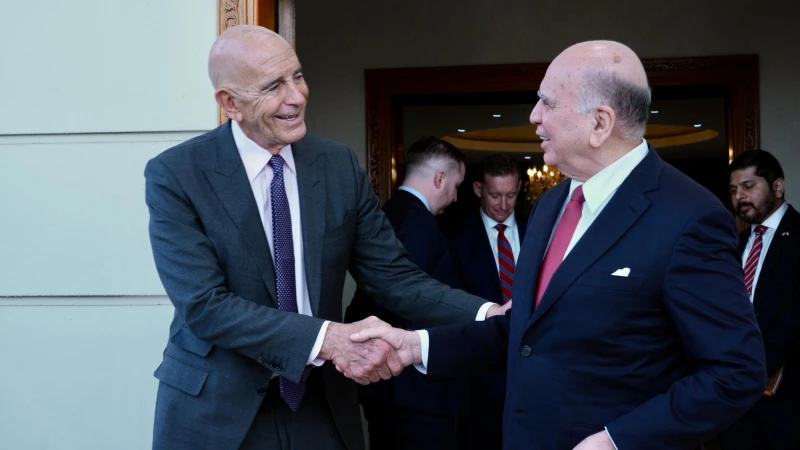BAGHDAD, Iraq – Iraqis started voting at 7 AM in the first provincial council elections to be held since 2013.
Those eligible are casting their votes in 15 of Iraq’s 18 provinces to choose 285 council members with a considerable amount of power, tasked as they are with overseeing local administration and appointing provincial governors.
The three provinces in the Kurdistan Region of Iraq are not taking part. Elections there are expected to take place next year.
Provincial council elections were delayed in Iraq due to the war against the Islamic State (ISIS) in Iraq from 2014 to December 2017. Massive protests that brought down the Iraqi government at the time in 2019 led to the dissolution of the councils, which had been accused of corruption.
Parliamentary elections are expected to take place at some point in 2025 but have not yet been scheduled.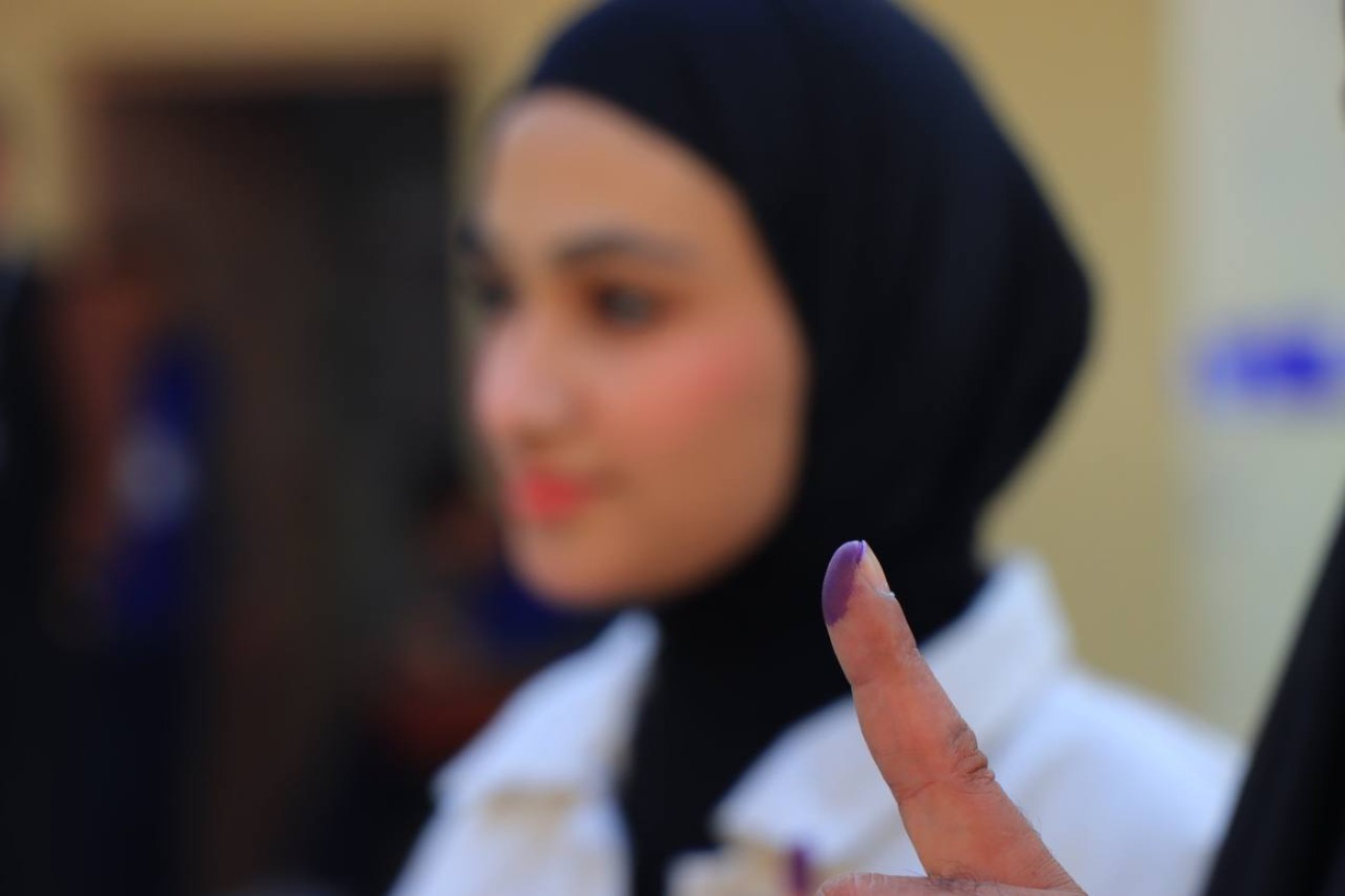
Boycott by largest faction coming out of 2021 vote
Followers of powerful Shia cleric Muqtada al-Sadr are boycotting the elections.
Though Sadr’s bloc received the largest number of votes in the October 2021 parliamentary elections, following months of political stalemate preventing the formation of a government he ordered his 73 lawmakers to resign from parliament in June 2022.
His followers then proceeded to stage a sit-in in the heavily fortified Green Zone in August 2022. An outbreak of deadly violence between his followers and rival Shia factions left dozens dead and led to him withdrawing entirely from politics in an attempt to stop the bloodshed, paving the way for the Iran-linked Coordination Framework coalition to form a government.
The Coordination Framework includes Shia forces that are longstanding rivals of Sadr, including the State of Law coalition under former prime minister Nouri al-Maliki.
Prime Minister Mohammed Shia al-Sudani was subsequently sworn in as prime minister in late October 2022, over a year after the elections.
Court rulings and controversy
Several members of former parliament speaker Mohammed al-Halbousi’s Taqaddum party, the Sunni Arab-dominant party getting the most votes in the 2021 parliamentary elections, were disqualified on the morning of the elections by Iraq’s Independent High Electoral Commission.
Other high-profile members of the Sunni community had been disqualified in the months leading up to the elections, including former Nineveh governor Najm al-Jabouri. He then resigned from his position as governor.
Halbousi himself was removed from parliament and thus lost his position in a November 14 decision by Iraq’s Federal Supreme Court.
The controversial decision was met with anger from many within Iraq’s Sunni community and especially within Halbousi’s native Anbar region - even from among those who had previously criticized him - as they claimed it was “unconstitutional”.
Several prominent rival Sunni politicians instead praised the decision.
Since the end of Saddam Hussein’s rule in 2003, Halbousi has been the only politician to hold the highest position in the country available for representatives of the Sunni community for more than one term.
The customary governing structure established post-2003 has entailed the position of prime minister being given to a member of the Shia Arab majority and that of parliament speaker to a Sunni Arab, while the role of president is de facto reserved for a member of Iraq’s Kurdish community. 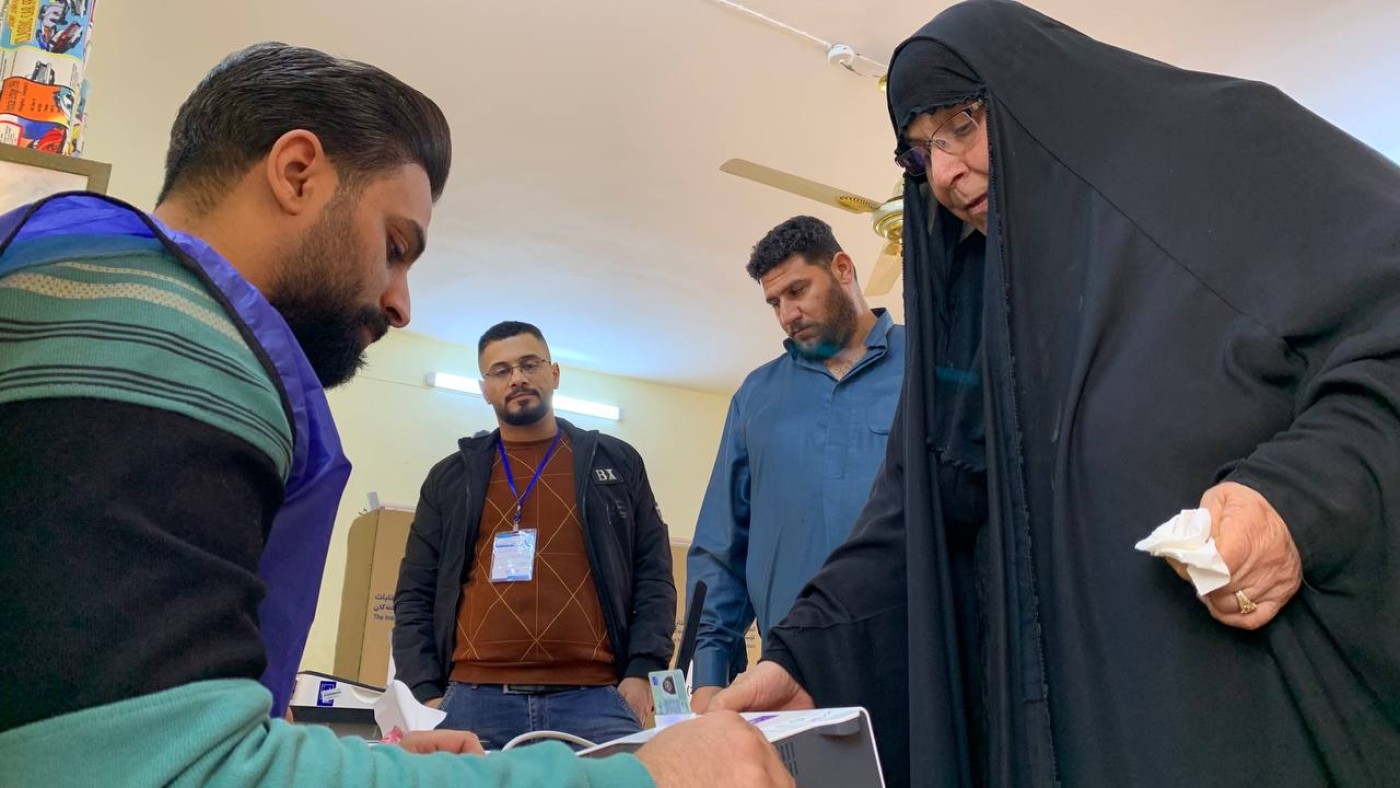
Vote test for Sudani’s government
Iraqis will have until 6 PM on Monday to cast their votes. A total of 17 million of Iraq’s population of 43 million are eligible to vote.
According to a 2022 analysis published by Chatham House, “About 60 percent of Iraq’s population is under the age of 25, yet young Iraqis continue to be excluded from political decision-making.”
Turnout will be a key indicator of whether Iraqis feel their votes actually count, experts say, and the results of the elections are widely expected to serve as a test for the Sudani government, which reinstated the councils after they were abolished in late 2019 in response to protestors’ demands.


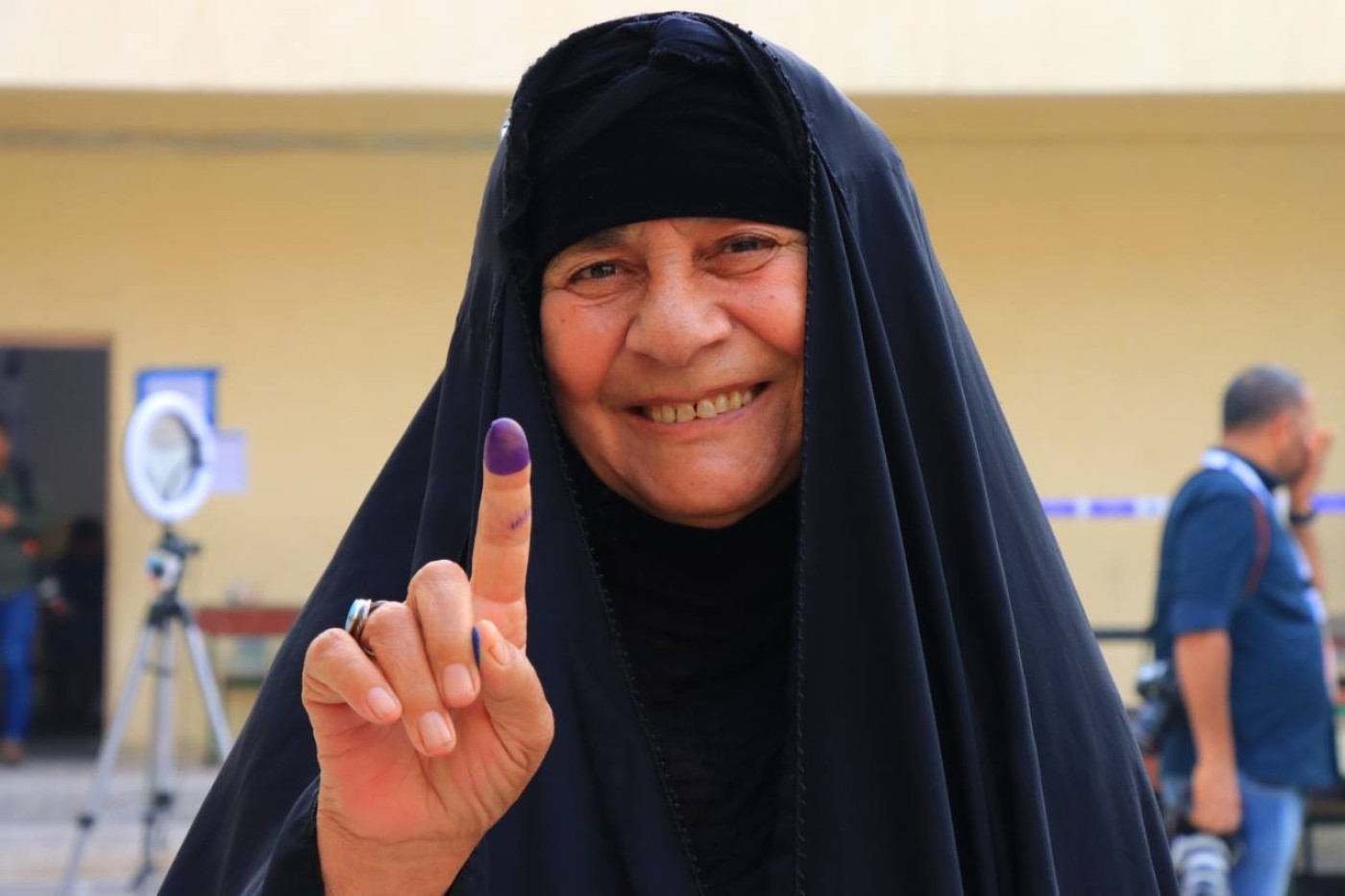
 Facebook
Facebook
 LinkedIn
LinkedIn
 Telegram
Telegram
 X
X
